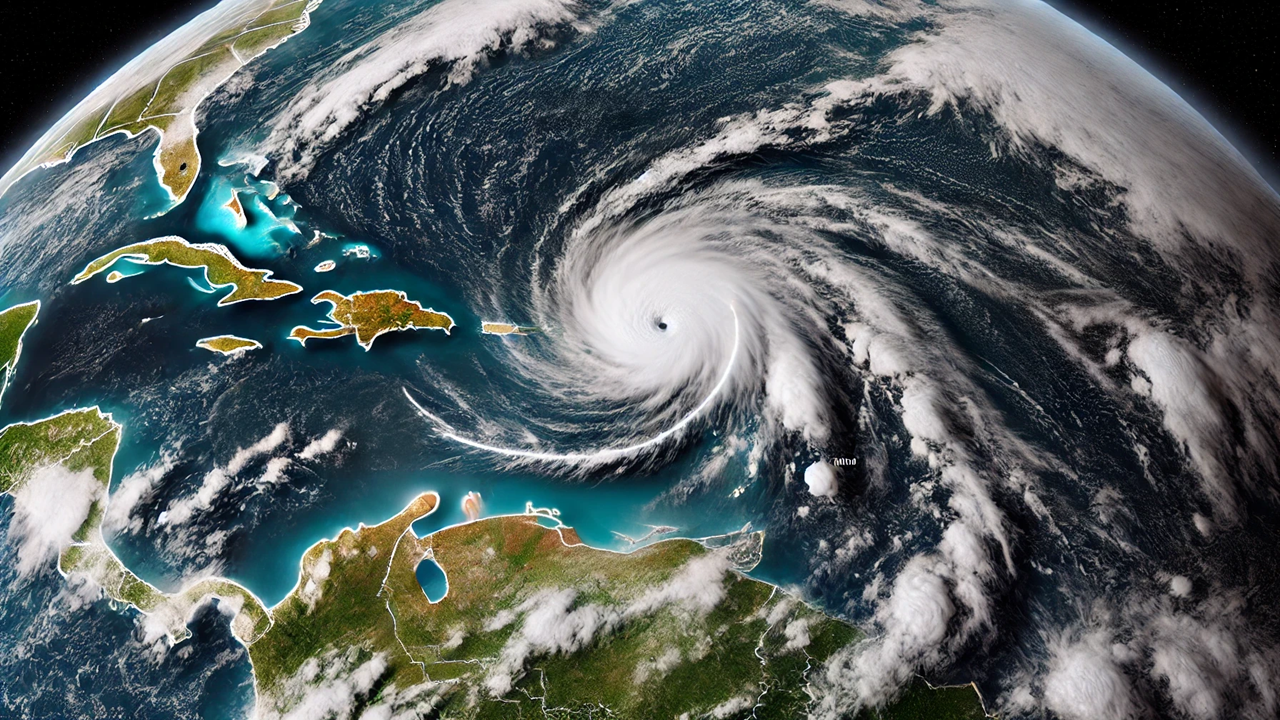The 2024 Atlantic hurricane season officially concluded on November 30, leaving behind widespread destruction, casualties, and significant economic losses. This year marked the ninth consecutive above-average hurricane season, with 18 named storms, 11 hurricanes, and five major hurricanes, according to the US National Oceanic and Atmospheric Administration (NOAA).
Hurricane Beryl shattered records as the earliest Atlantic basin Category-5 hurricane, wreaking havoc across the Caribbean and southeastern United States in July. Hurricanes Helene and Milton also caused significant destruction and loss of life in the U.S., with Helene being the deadliest hurricane to strike the country since Katrina in 2005. Key Highlights of the Season:
Hurricane Beryl:
Emerged as a Category-5 hurricane on July 1.
Made landfall on Grenada and heavily impacted St. Vincent and the Grenadines.
Tracked near Jamaica and the Cayman Islands before striking Mexico’s Yucatán Peninsula and the U.S. East Coast.
Hurricane Helene:
Made landfall as a Category-4 storm on Florida’s Gulf Coast on September 26.
Resulted in catastrophic flooding, wind damage, and more than 150 fatalities, primarily in the Carolinas.
Hurricane Milton:
Made landfall near Siesta Key, Florida, on October 9 as a Category-3 storm.
Spawned 46 tornadoes, causing extensive localized flooding.
A Season of Contrasts
Despite its early intensity, the season saw a lull during August, attributed to atmospheric conditions over Western Africa that inhibited storm development. However, activity surged after September 25, with seven hurricanes forming—the most on record for this period.
While improved early warning systems and disaster preparedness have significantly reduced hurricane-related fatalities in recent decades, economic losses have soared:
Human Impact: Between 1970 and 2019, annual hurricane-related fatalities decreased from 350,000 to under 20,000.
Economic Impact: The U.S. reported four hurricanes this year with damages exceeding $1 billion each, while Small Island Developing States (SIDS) in the Caribbean continued to bear disproportionate costs.
WMO's Early Warnings Initiative
The World Meteorological Organization (WMO) has prioritized strengthening early warning systems under its “Early Warnings for All” initiative, particularly for vulnerable SIDS. WMO Secretary-General Celeste Saulo highlighted the importance of such measures, noting that "advances in early warnings played a critical role in minimizing casualties during Hurricane Beryl’s Caribbean onslaught."
While the Atlantic basin was highly active, the eastern and central Pacific hurricane seasons were below average:
The eastern Pacific recorded 12 named storms, with four becoming hurricanes and three intensifying to major hurricane status.
The central Pacific experienced just two named storms.
With climate change driving increasingly severe weather patterns, experts warn that extreme events like rapidly intensifying hurricanes, intense rainfall, and storm surges will continue to rise. The need for robust early warning systems, improved infrastructure, and disaster preparedness is more critical than ever to mitigate future impacts.










